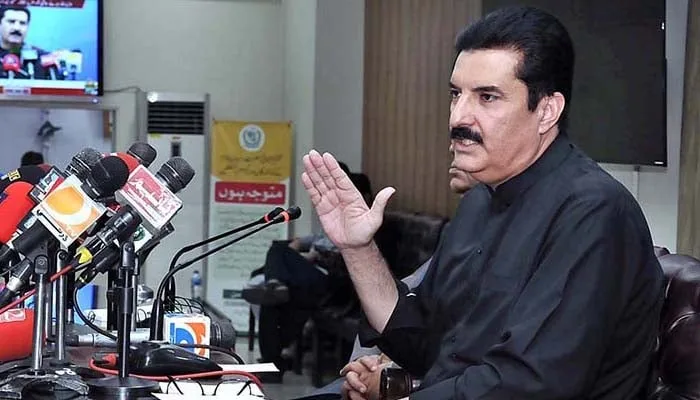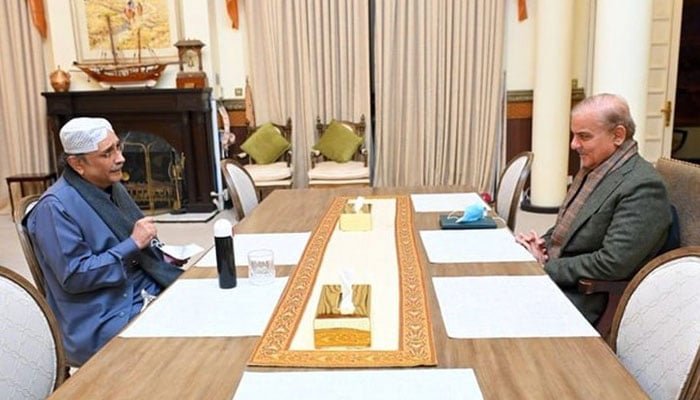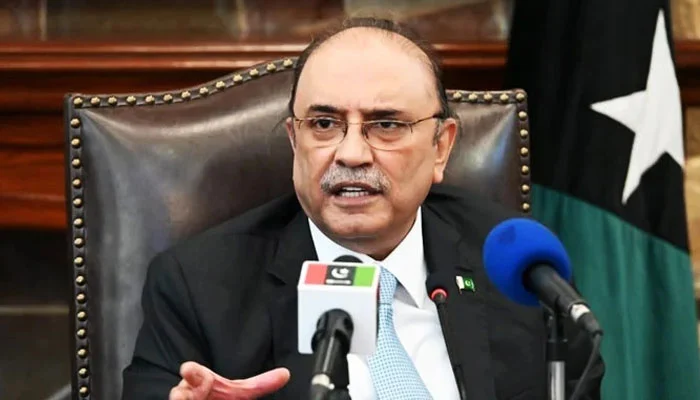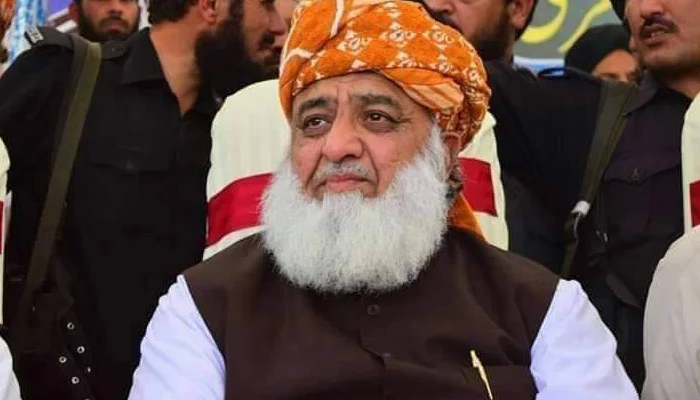In a recent media interaction at the residence of former Punjab Chief Minister Mian Manzoor Wattoo in Lahore, Governor Khyber Pakhtunkhwa Faisal Karim Kundi made headlines with his candid remarks on the political landscape of Pakistan. Addressing the possibility of Maulana Fazlur Rehman, the leader of Jamiat Ulema-e-Islam (F), sitting with Pakistan Tehreek-e-Insaf (PTI), Kundi suggested it would be nothing short of a sign of doomsday. His comments reflect the intense political rivalry and the ideological chasm between these parties.
Political Context and Critique
Governor Kundi criticized the provincial government’s handling of the budget, specifically highlighting the neglect in the education sector. “The government had allocated 3 billion rupees for education in the budget but did not spend a single rupee,” he pointed out. This underscores a broader issue of mismanagement and unfulfilled promises, which has been a recurring criticism against the current administration.
Kundi emphasized the need for dialogues to be held with those who respect and adhere to the constitution. This statement can be seen as a direct jab at PTI, implying that the party operates outside the bounds of constitutional norms. His critique not only targeted the governance failures but also questioned the democratic principles of the opposition.
Exchange of Bitter Sentences in the Punjab Assembly
The tensions in the political arena are palpable, as evidenced by the recent exchanges in the Punjab Assembly. Government and opposition members have been locked in bitter debates, often resulting in unproductive sessions. This conflict is symptomatic of a deeper polarization within Pakistan’s political framework, where consensus and cooperation are increasingly rare.
Remarks on Maulana Fazlur Rehman and PTI
Kundi’s most provocative statement was regarding Maulana Fazlur Rehman. He asserted, “If Maulana sits with Tehreek-e-Insaaf, it will be a sign of doomsday.” This hyperbolic expression underscores the improbability and the ideological incongruence of such an alliance. Maulana Fazlur Rehman has been a staunch critic of PTI, and any form of collaboration between them would indeed be unprecedented.
Kundi humorously added that they are waiting for Maulana and PTI’s Ali Amin Gandapur to address the public from a truck, implying that such a scenario would be farcical. His remarks highlight the theatrical nature of political alliances and the dramatic shifts that can occur in Pakistani politics.
Mian Manzoor Wattoo’s Position
On the other side, Mian Manzoor Wattoo clarified his political stance, stating that he has not left his party despite his children’s separation. He mentioned that Bilawal Bhutto Zardari, the chairman of Pakistan Peoples Party (PPP), had addressed and resolved his reservations. This indicates an effort within the PPP to consolidate its leadership and maintain internal unity amidst external political challenges.
Wattoo’s comments reflect the internal dynamics of political parties in Pakistan, where leadership struggles and familial ties often play a significant role. The resolution of his concerns by Bilawal Bhutto signifies a strategic move by the PPP to strengthen its ranks and mitigate any potential dissent.
Broader Implications
Governor Kundi’s statements shed light on the broader political tensions and the critical issues facing Pakistan. His criticism of budgetary mismanagement in education points to a significant problem in public policy implementation. The heated exchanges in the Punjab Assembly highlight the adversarial nature of current political discourse.
Moreover, the improbability of an alliance between Maulana Fazlur Rehman and PTI illustrates the deep ideological divides that characterize Pakistani politics. Such divides hinder the possibility of collaborative governance and contribute to a volatile political environment.
Governor Khyber Pakhtunkhwa Faisal Karim Kundi’s remarks provide a snapshot of the current political climate in Pakistan. His criticism of budget mismanagement, emphasis on constitutional adherence, and humorous dismissal of unlikely political alliances reflect the complexities and challenges within the country’s political landscape. As political tensions continue to rise, the need for effective governance, adherence to democratic principles, and productive political dialogue becomes increasingly crucial.



